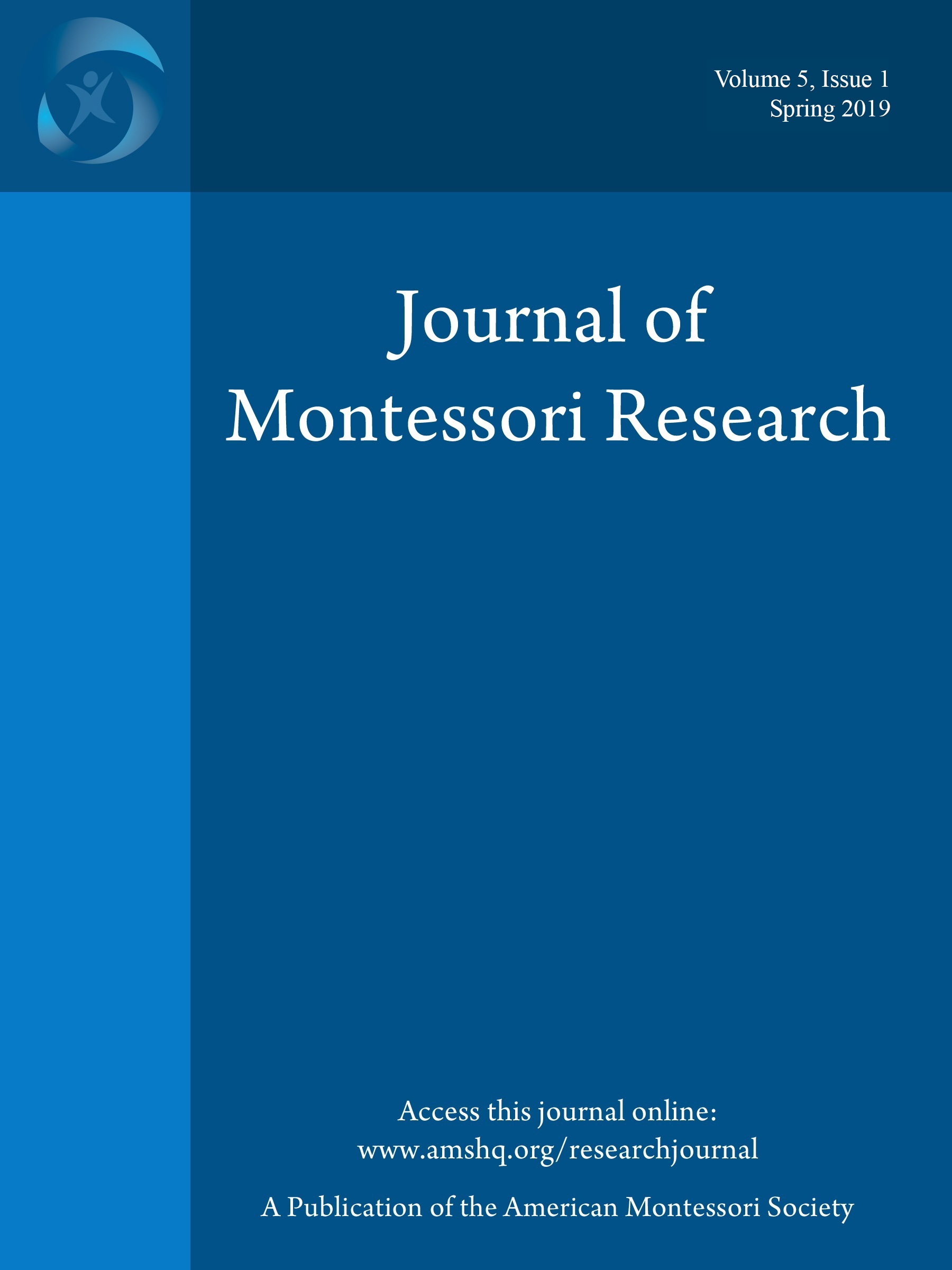Designing a Logic Model to Inform Montessori Research
DOI:
https://doi.org/10.17161/jomr.v5i1.9788Ключевые слова:
Montessori education, logic models, logic modeling, Montessori research, Montessori evaluationАннотация
Montessori education has a long history, but its recent growth in American public schools has led to increased interest in research efforts, particularly in exploring the potential of the Montessori experience to moderate the effects of poverty and in gathering data to evaluate public investment in Montessori schools. To assist research efforts, this paper introduces a comprehensive visual model, or logic model, that depicts the core components, underlying assumptions, and intended outcomes of the Montessori approach. Logic modeling, which results in a visual representation depicting the connections among a program’s inputs, primary activities, and outcomes, is often used in program planning and research to provide a common framework from which to work. Developed over a 3-year period by a collaborative group of experienced Montessori researchers and practitioners, the Logic Model for Montessori Education presented in this paper is a valuable tool for researchers with the potential to lay a foundation across disciplines for future research that is both rigorous and systematic in its measurement of Montessori processes and outcomes.


